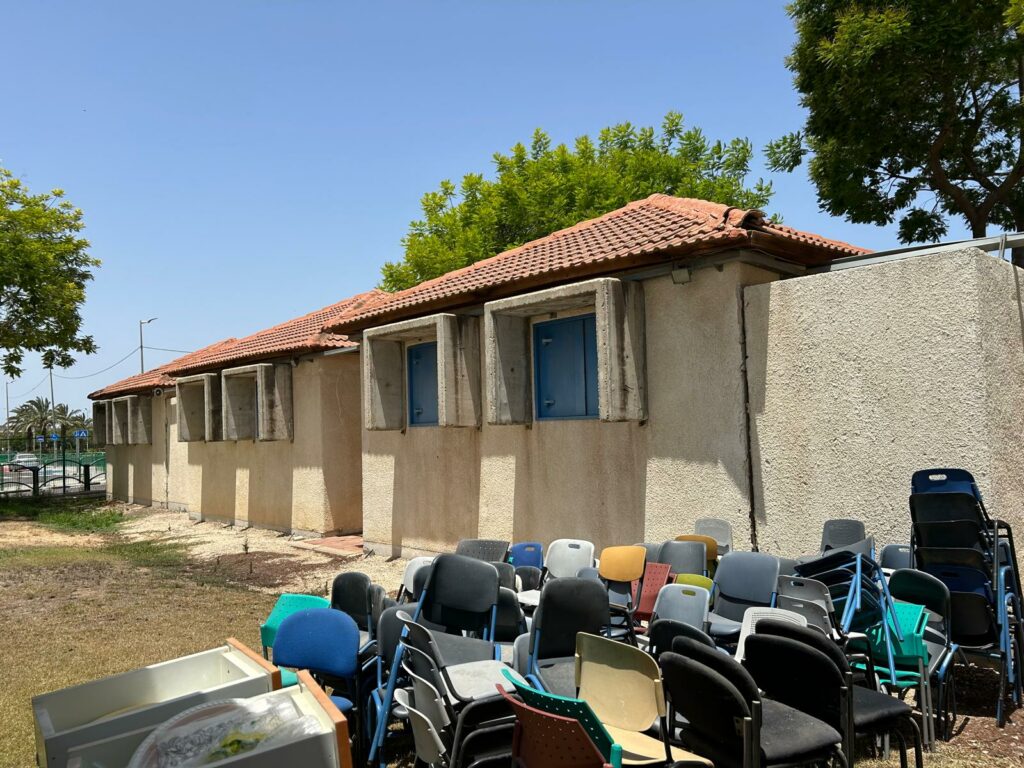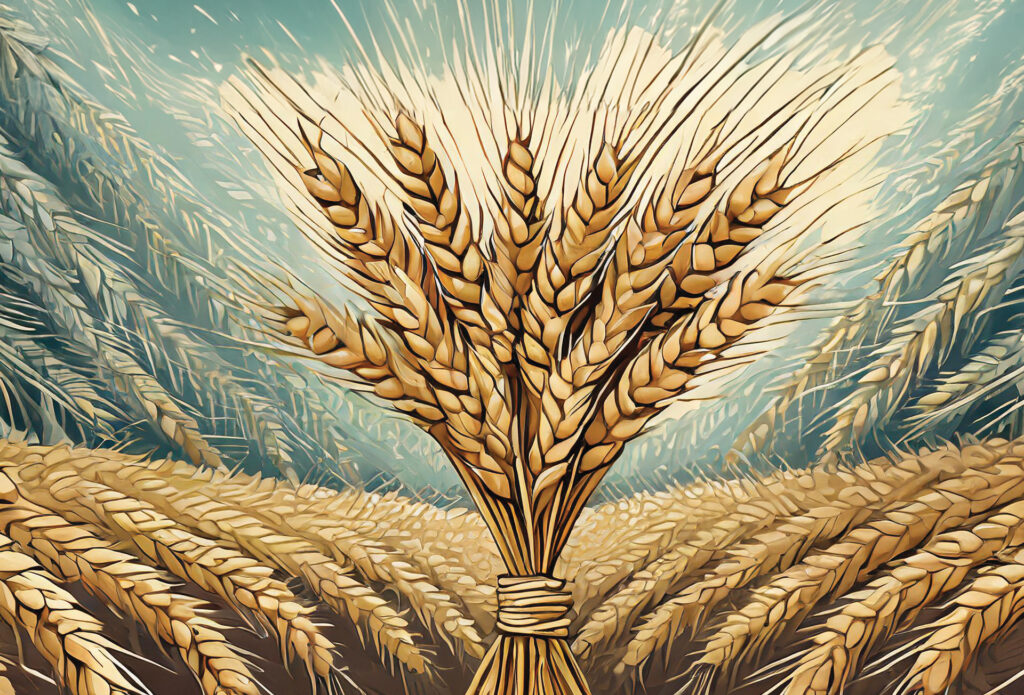By Maxine Carlill, Australian Branch member
![]()
We know that God, who is outside time, is the author of time, He made the beginning and tells us there will be an end.
He established a calendar for His chosen people when He brought them out of Egypt. He said to Moses and Aaron in Exodus 12:1-2, that the month in which they were delivered from slavery and bondage, was not just the beginning of a new life, but would mark the beginning of each year for them. Their calendar was based on the lunar year. It was another way of reinforcing the separation from a pagan culture, because the Egyptian calendar they had used was based on the sun god, Ra. Each new moon, known as Rosh Chodesh (literally ‘the head of the month’), would herald the start of the month.
However, as a lunar year is about 11 days short of a solar year, it means that each new lunar year would start 11 days earlier than the year before. The shortened year would affect the start of the Festivals that God had ordained, meaning that they would be celebrated at times that did not coincide with the agricultural season to which they were linked. But there was a way to overcome that. The first month of the year, in which Passover was held, was determined by the barley harvest. This was significant because the day after the first day of Passover, a sheaf of barley had to be presented to the priest in the temple as a first fruit of the harvest. Therefore, before the year could start, the barley would have to be ripe in order to be presented. If it had not ripened, an additional month would be inserted. Thus, Passover was delayed a month to ensure that the barley would be ripe for the wave offering and the rest of the timing of the festivals would fall into place. The Hebrew calendar is still adjusted today to allow for the shortfall. The extra month follows the twelfth month Adar and is called Adar 2.
The correct observance of the moon is important, which is why in 166 BCE when the Greek ruler Antiochus Epiphanes ruled the land of Israel, he included among his harsh decrees against the Jews, the ban on observing the New Moon. Why should he forbid such an innocuous festival? Because the proclamation of the new moon came from the Jewish court in Jerusalem, his expectation was that once its appearing could not be authoritatively proclaimed, the people could not establish the correct time of the festivals. Consequently, the people would not know when to come to Jerusalem to celebrate the festivals, and eventually lose connection to their faith.
“Sound the ram’s horn at the New Moon, and when the moon is full, on the day of our festival;” Psalm 81, verse 3 says. Although modern Israel uses the Gregorian calendar, it is the Biblical calendar that dictates the rhythm of the year, the celebrations and commemorations. “He appointed the moon for seasons…” says Psalm 104:19 and the word often translated as ‘seasons’ is ‘moadim, appointed times’, in other words, appointments with God.
The new moon which begins the new month, is acknowledged with joy that is expressed with psalms, blessings and prayers of gratitude to God and wishing one another, ‘chodesh tov’, a good month!
In Biblical days, both the ram’s horn, Psalm 81:3, and the silver trumpets were sounded to announce the moadim, including the new moon. Numbers 10:10. “Also in the day of your gladness, and in your set feasts, and in the beginnings of your months, you shall blow the trumpets over your burnt offerings and over the sacrifices of your peace offerings; and they shall be to you for a memorial before your God: I am the LORD your God.”
When the Israelites came before God on each ‘appointment day’ including Rosh Chodesh, their offerings and sacrifices were expressions of commitment and repentance. They were a memorial, they ‘reminded’ the LORD of His covenant promises, His Divine word.
Jewish teaching says that like the moon, the Jewish nation has waxed and waned throughout history, but God has been faithful to them as a people. The reappearance of the moon each month is a reminder to renew trust in God’s constant presence in their lives, even when that is sometimes hard to see.
Indeed, the renewing of the moon is a powerful symbol of renewal and restoration. It is a monthly reminder that each of us can start anew, begin again, when things seem dark. In fact, the Hebrew word for month ‘chodesh’, comes from the Hebrew word for ‘new’, ‘chadash’.
It is due to the rich symbolism of the new moon celebration, that ICEJ, with the Lord’s leading, chose the beginning of each month according to the Hebrew calendar, to call the nations to prayer. The initiative has grown to 240 hours of prayer, with over 60 nations participating.
Interestingly, the Rosh Chodesh celebration will also have a place in the world to come. Isaiah declares, “And it shall come to pass that from one New Moon to another, and from one Sabbath to another, all flesh shall come to worship before Me,” (Isaiah 66:23).






